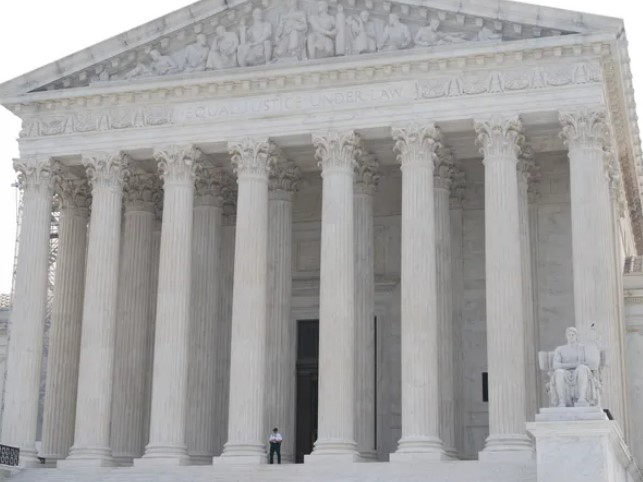The Moores, Charles and Kathleen, will soon get their day in court to challenge the constitutionality of a $15,000 tax bill they received.
The Redmond, Washington, pair claims they invested in an Indian company and “have never received a distribution, dividend, or other payment,” as Charles Moore, age 62, stated in a sworn affidavit.
But there are major inconsistencies between what they have said so far and what is documented history.
The Moores are the public face of a high court challenge backed by business and conservative political groups that threatens to throw into doubt other elements of the United States tax code and effectively kills a wealth tax that has been proposed for decades but never implemented. Arguments on the case are scheduled for December 5.
The Moores are the latest in a long line of plaintiffs whose claims appear to be nothing more than the exercise of legal rights, but whose cases are backed by others with vast sums of money or a relevant societal issue at stake. The Moores went to the anti-regulation group the Competitive Enterprise Institute for advice.
When discussing the significance of the case, attorney Paul Clement remarked, “The constitutionality of a wealth tax may well be decided in the context of this case.” This was said at a recent Heritage Foundation event.
Tax Notes, which targets accountants, was the first to report on the Moores’ involvement with the company (then known as KisanKraft Machine Tools Private Limited). These records are public since they were submitted to the Indian government.
The dispute revolves around a provision of the Republican-controlled tax plan that Trump signed into law in 2017. Companies with American ownership that conduct business overseas are subject to the legislation. To counteract other tax benefits, it levies a one-time tax on investors’ proportion of profits that have not been distributed to them. The estimated tax revenue gain from this legislation is $340 billion.





